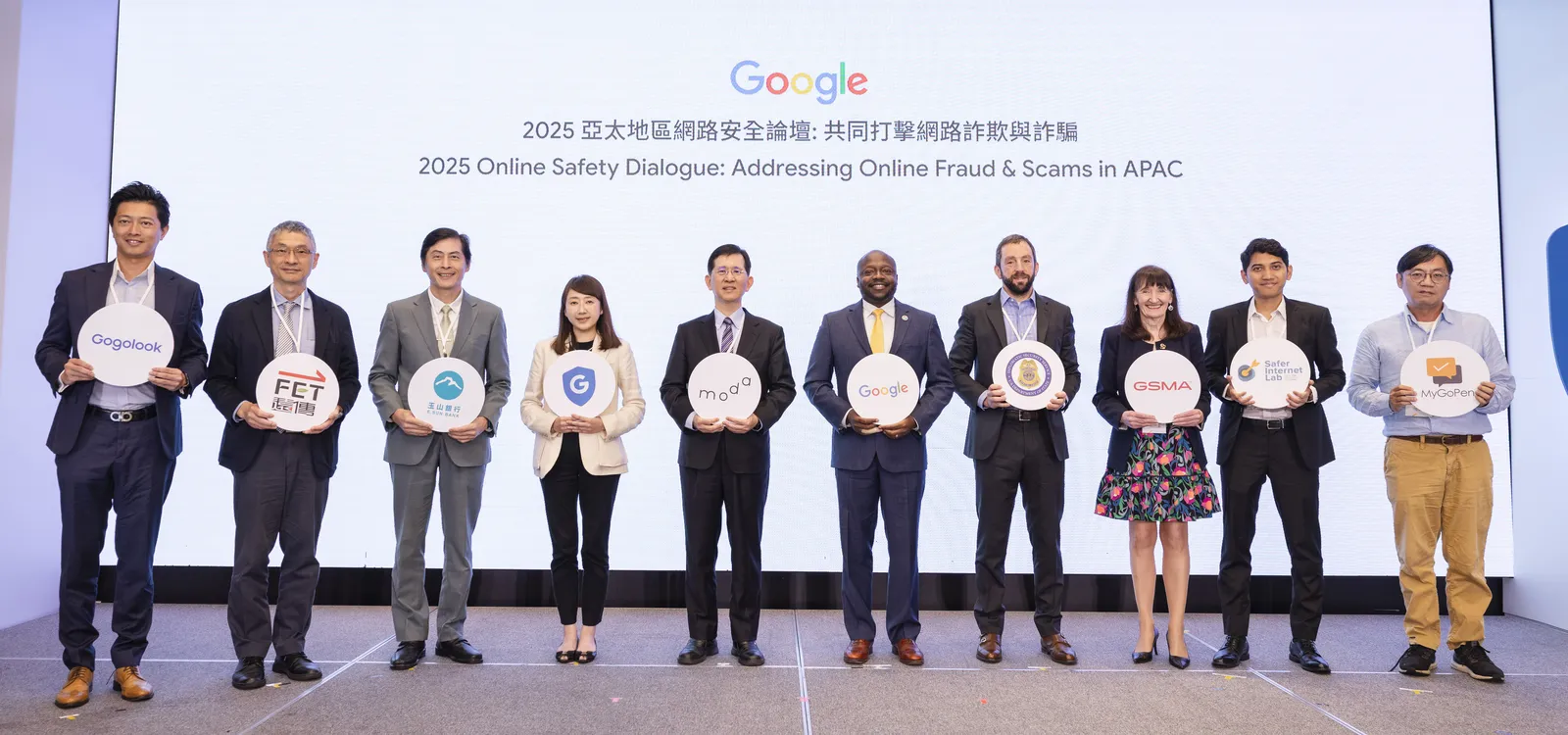Google Tackles Escalating Online Scams in Asia Pacific with AI, Partnerships

▼ Summary
– Online scams in the Asia Pacific region are projected to cause losses of $688 billion in 2024, nearly two-thirds of the global total.
– Google is using AI-powered message security, enhanced Safe Browsing in Chrome, and Play Protect enhancements to detect and prevent scams in real-time.
– Google collaborates with government agencies, industry partners, and NGOs to share threat intelligence and develop localized anti-scam solutions.
– Google.org plans to distribute $5 million in anti-scam grants across APAC in 2025, supporting initiatives like fact-checking and anti-fraud education.
– User education campaigns, including localized advice, handbooks, and gamified learning tools, aim to raise awareness and improve digital literacy to combat scams.
Online scams represent a massive and rapidly growing threat across the Asia Pacific (APAC) region, with estimated losses reaching a staggering $688 billion in 2024 – nearly two-thirds of the global total, according to figures cited by Google. Recognizing the sophistication and cross-border nature of these criminal operations, Google is deploying a multi-pronged strategy combining advanced technology, strategic partnerships, and user education to bolster defenses.
Leveraging Technology for Protection
At the core of Google’s efforts are technological safeguards integrated into its widely used products:
- AI-Powered Message Security: Google Messages now incorporates on-device AI to detect scam patterns within SMS, MMS, and RCS conversations in real-time. This system analyzes conversational patterns commonly associated with fraud – even those that start innocuously – and provides users with real-time warnings, allowing them to block and report suspicious senders without compromising conversation privacy.
- Enhanced Safe Browsing: Google Chrome’s Safe Browsing feature has been upgraded to offer real-time protection. Instead of relying solely on periodic updates of known malicious sites, it now checks URLs against Google’s servers instantly, providing faster defense against newly created scam websites or phishing domains.
- Play Protect Enhancements: Features within Google Play Protect, particularly those developed in partnership with governments like Thailand’s Ministry of Digital Economy and Society, are actively blocking millions of installation attempts of potentially malicious apps, especially those originating from unofficial sources (sideloading) – a common vector for scamware delivery.
Collaboration is Key: Regional Partnerships
Google emphasizes that technology alone isn’t enough. The company is actively collaborating with various entities across the APAC region:
- Government Agencies: Partnerships are in place with organizations like the Cybercrime Investigation and Coordinating Center (CICC) in the Philippines, CyberSecurity Malaysia, and Taiwan’s Ministry of Digital Affairs. These collaborations focus on sharing threat intelligence, coordinating responses, and developing localized anti-scam solutions.
- Industry and NGOs: Google is working with industry partners and non-governmental organizations. This includes supporting fact-checking initiatives like the Taiwan FactCheck Center and funding nonprofits through Google.org. In 2025, Google.org plans $5 million in anti-scam grants across APAC, building on previous grants like $2 million in Singapore and $1 million in Taiwan for anti-fraud education.
- Global Signals Exchange (GSE): Google is participating in and expanding its use of the GSE, a platform allowing organizations to share real-time signals about active scam campaigns. This helps participating services identify and disrupt fraudulent activities much faster. Google reported a significant increase in signal sharing via GSE in early 2025.
Empowering Users Through Education
Raising user awareness and digital literacy is the third pillar of Google’s strategy:
- Localized Campaigns: Initiatives like the “ScamKampaign” in Malaysia provide targeted advice.
- Educational Resources: The “Cyber Vs Cyber” handbook, developed with partners, offers practical guidance on recognizing and avoiding scams.
- Gamified Learning: Building on success in India, the “ShieldUp!” mobile game, designed to teach users about scam tactics in a safe environment, is expanding to Australia, Singapore, Taiwan, and Thailand in 2025.
- Established Programs: Ongoing programs like “Be Internet Awesome” continue to educate families and children about online safety fundamentals.
Google stresses that combatting the pervasive threat of online scams requires a continuous, collaborative effort involving technology providers, governments, civil society, and vigilant users across the region.
(Source: Google)